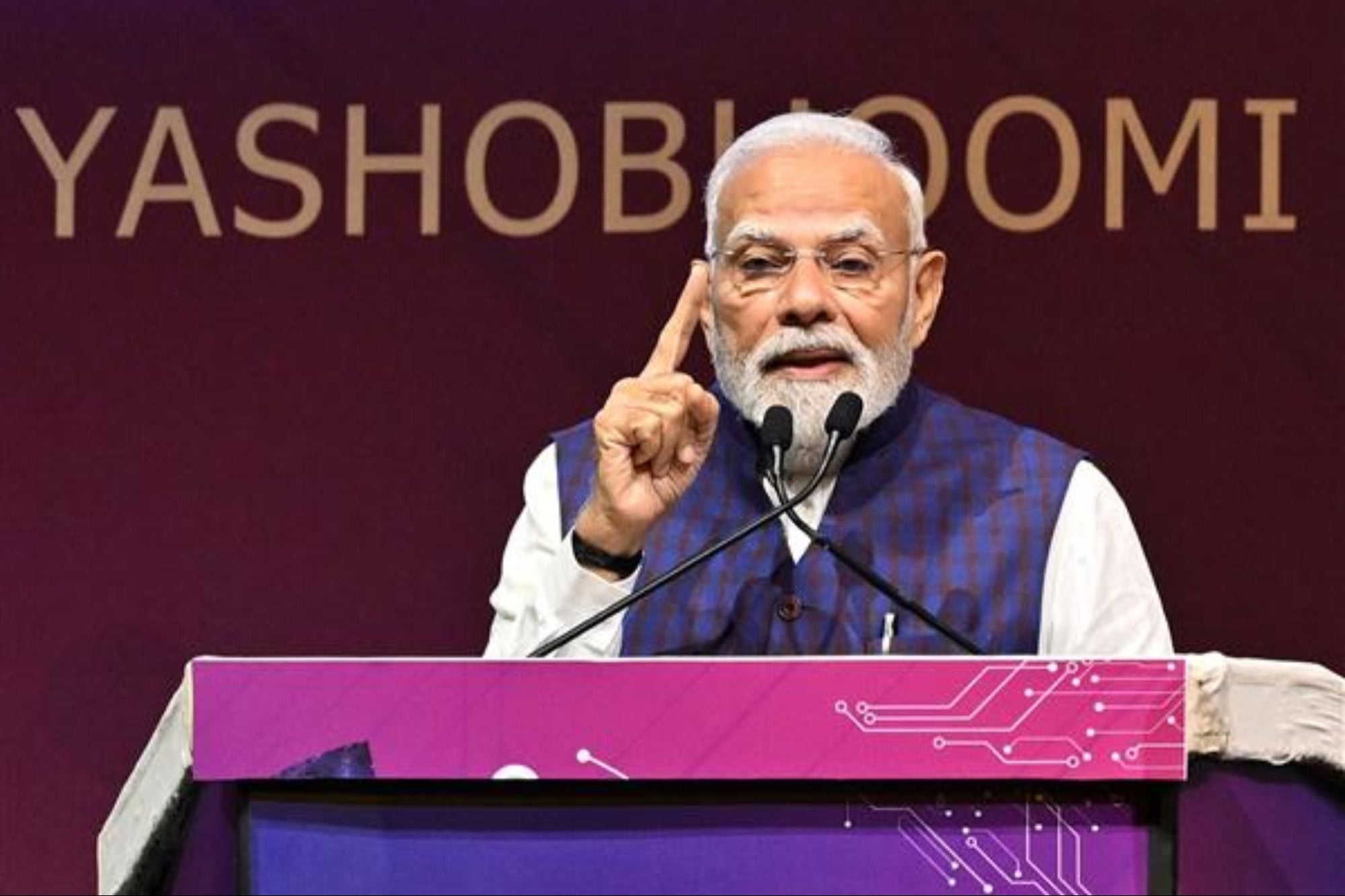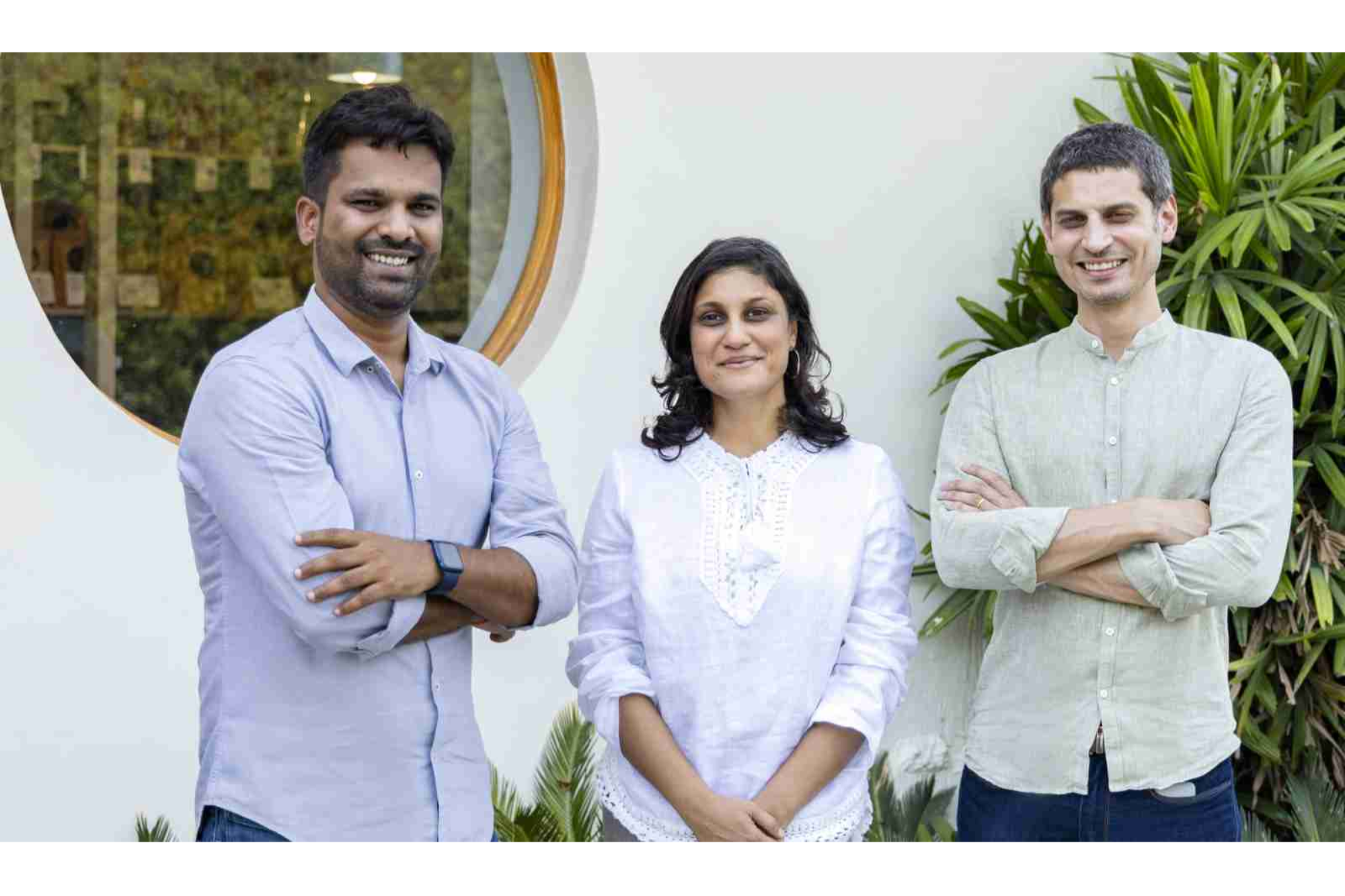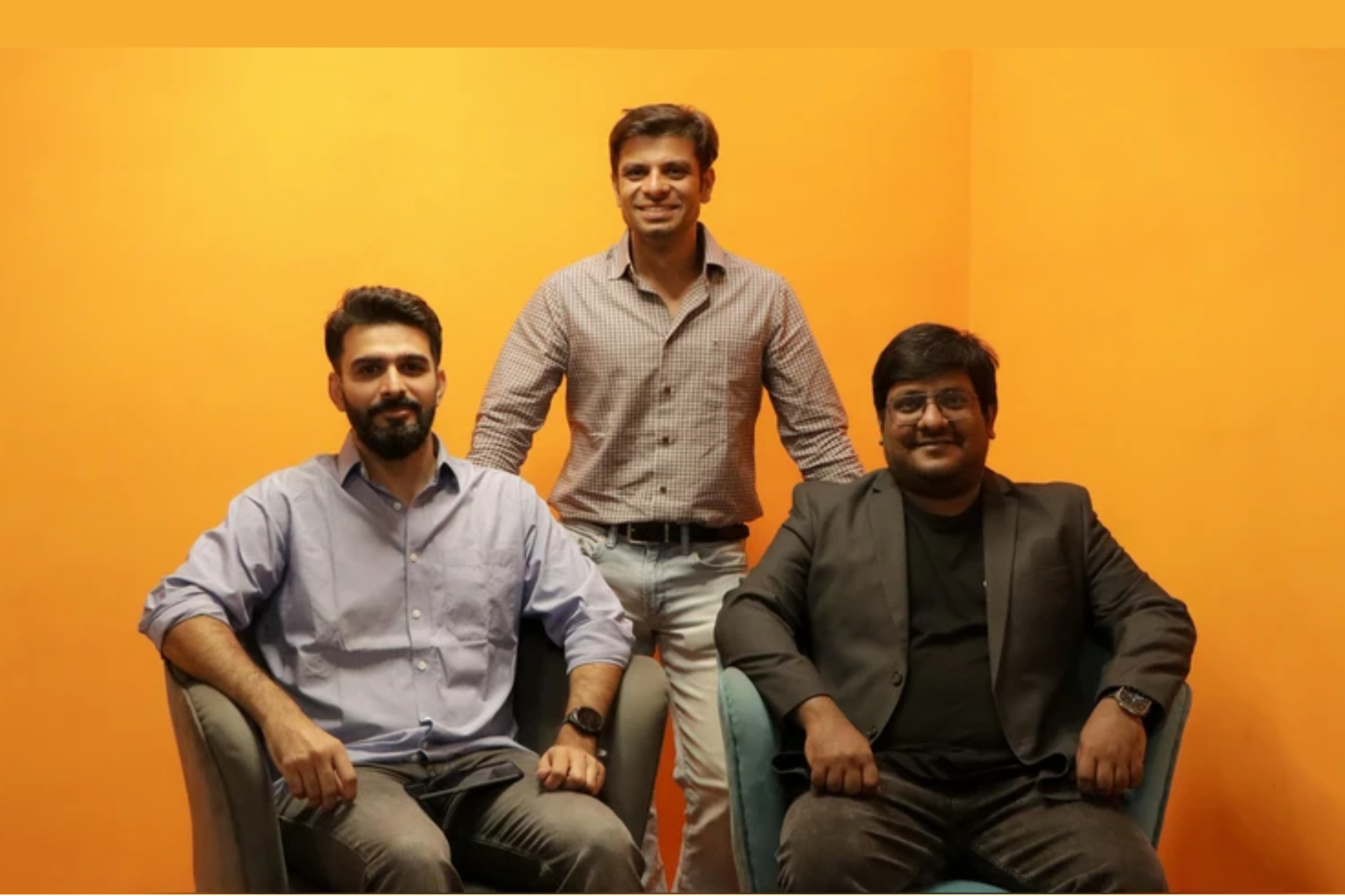Oil Was Black Gold, Chips Are Digital Diamonds: Narendra Modi Given the pace at which India is advancing in the semiconductor sector, India will hold a significant share in this $1 trillion market, says Prime Minister Narendra Modi at the Semicon India - 2025
You're reading Entrepreneur India, an international franchise of Entrepreneur Media.

Prime Minister Narendra Modi inaugurated the 'Semicon India - 2025', aimed at catalysing India's semiconductor ecosystem, at Yashobhoomi in New Delhi today. Noting the presence of semiconductor sector experts from across the globe, with representation from over 40 to 50 countries, Modi emphasized on India's innovation and youth power. "The world trusts India, the world believes in India and the world is ready to build the semiconductor future with India," said the Prime Minister.
Remarking that in the world of semiconductors, it is often said, 'Oil was black gold, but chips are digital diamonds', the Prime Minister stated that oil shaped the previous century, and the fate of the world was determined by oil wells. He emphasized that the power of the 21st century is now concentrated in the small chip. The global semiconductor market has already reached $600 billion, and in the coming years, it is expected to surpass $1 trillion. He expressed confidence that, given the pace at which India is advancing in the semiconductor sector, India will hold a significant share in this $1 trillion market.
Pointing to the GDP figures for the first quarter of this year that were released recently, the Prime Minister said, "Growth is visible across all sectors—manufacturing, services, agriculture, and construction—with enthusiasm evident everywhere. This trajectory of growth is propelling India swiftly towards becoming the third largest economy in the world."
Modi recalled that in 2021, the Semicon India programme was launched. He added that by 2023, India's first semiconductor plant had been approved, in 2024, several more plants received approval and in 2025, five additional projects were cleared. He further stated that in total, ten semiconductor projects are now underway, involving an investment of over eighteen billion dollars —more than INR 1.5 lakh crore.
Emphasising that in the semiconductor sector, speed matters, he said, "The shorter the time from file to factory, and the lesser the paperwork, the sooner wafer work can begin." He stressed that the government is working with this very approach. The National Single Window System has been implemented, enabling all approvals from both the Centre and States to be accessed on a single platform. The Prime Minister highlighted that semiconductor parks are being developed across the country under a plug-and-play infrastructure model, which offer facilities such as land, power supply, port and airport connectivity, and access to a skilled worker pool.
Whether through PLI incentives or Design Linked Grants, India is offering end-to-end capabilities. This is why investment continues to flow in, he emphasised. He added that the pilot plant of Kaynes is also about to begin. Test chips from Micron and Tata are already in production. He reiterated that commercial chip production will begin this year, underscoring the rapid progress India is making in the semiconductor sector.











